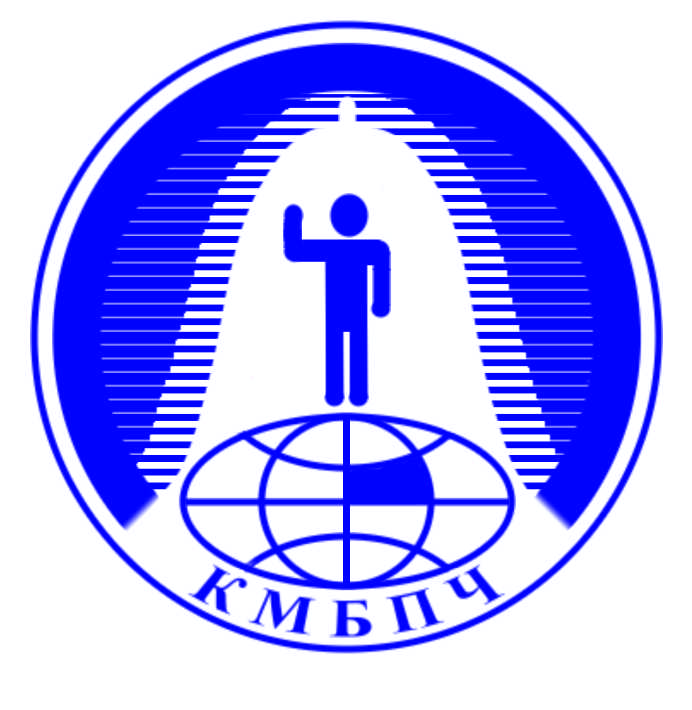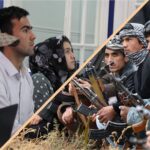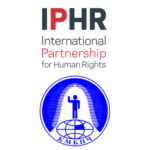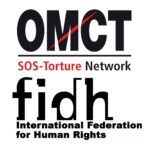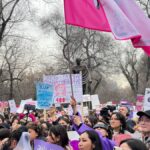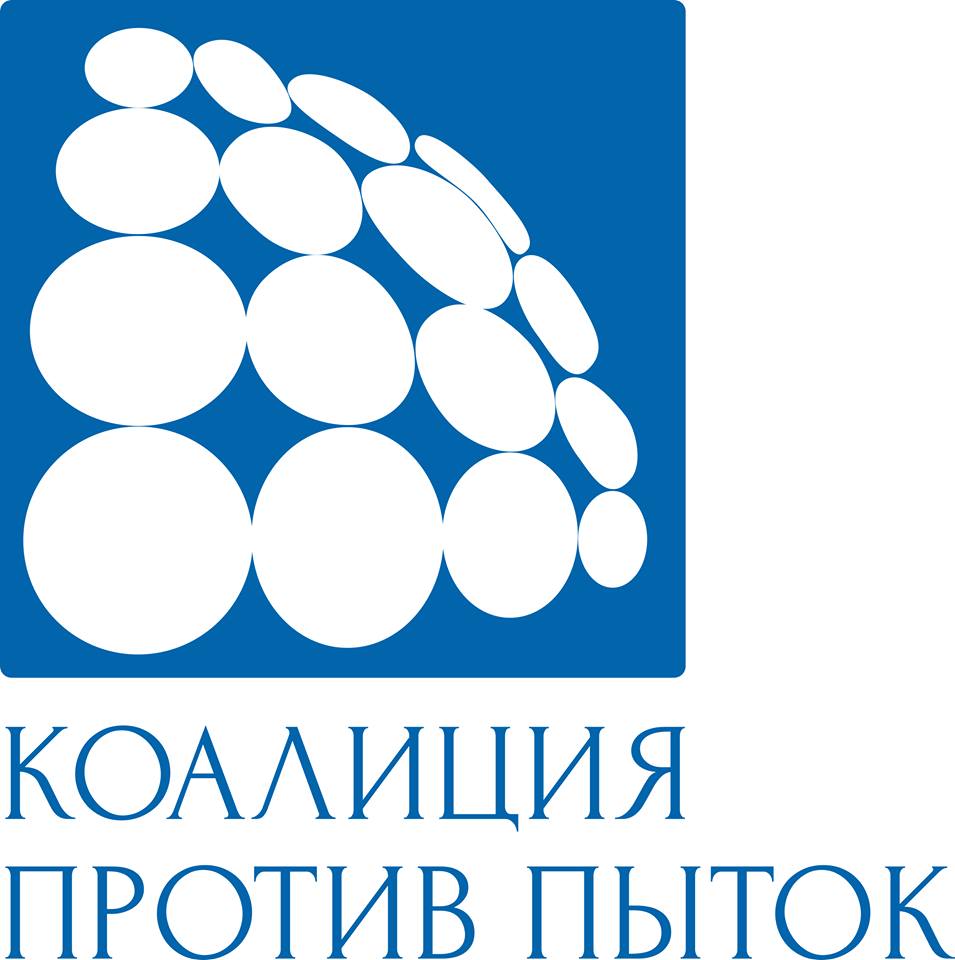The Kazakhstan International Bureau for Human Rights and the Rule of Law notes the increased pressure on civil society activists and incidents of interference with the work of independent media.
All this happens against the backdrop of a deteriorating economy in the country caused by falling oil prices, devaluation of the national currency, and growing prices, which in turn leads to an increase in civil activity and protest sentiments.
Over the last six months alone, the following streak of events have taken place:
• On 7 April 2015, the Bostandyk District Police Department for the city of Almaty initiated a criminal case under Article 174.1 of the Criminal Code of the Republic of Kazakhstan (“Inciting Social, National, Tribal, Racial, Class, or Religious Hatred”) against a writer and a public figure Murat Telibekov, for a book that he wrote 25 years ago and never published, Wind from the Street. At present, Mr. Telibekov is considered a suspect in this case.
• On 19 June 2015 Judge Musagaliev of the Medeu District Court fined a web publication, Nakanune.kz, for twenty million tenge. The judgment was issued following a lawsuit filed on behalf of Kazkommertsbank for a publication of 15 October 2014 titled “New steps in Kazkom’s grotesque show,” in which the bank’s name was mentioned. The article, based off of a letter from a reader, said about “shocking figures that according to the reader had been paid for commissioning permits for buildings constructed using the financing provided by the bank, and [about] an alleged deal that bankers had cut with the city Akimat.” On 27 August 2015 the Almaty City Court’s Collegium of Appeals upheld the judgment of the first instance court.
• On 3 August 2015 the Almaty Specialised Interdistrict Economic Court issued a judgment liquidating the Kazakhstan Communist Party (KPK). The Communist Party was closed down following a petition from the Ministry of Justice stating that the party’s actual membership numbers did not truthfully reflect the official lists that the party had provided. The trial was conducted in absentia, without the party representatives in attendance who were not informed about the judgment until after it had been issued. On 17 September 2015 the Almaty City Court, also in absentia with no representatives of the Communist party in attendance, held a review of the appeal upholding the first instance court’s judgment.
• On 21 August 2015 Judge Turgumbaev of the Specialised Interdistrict Administrative Court for the city of Almaty issued a ruling sentencing Yermek Narymbaev to a 20-day arrest, only for his intention to publicly ask the government questions with respect to a devalued tenge. In his ruling, the judge referred to evidence in the form a videotape of Mr. Narymbaev’s protest when he was detained as he was leaving his office. This arrest of a civil society activist caused outrage of Maina Kiai, United Nations’ Special Rapporteur on the Freedom of Peaceful Assembly and Freedom of Association.
• On 27 August 2015, the Almaty Specialised Interdistrict Administrative Court (CIAC) issued a ruling suspending the publication of the ADAM magazine for three months. According to the ruling, the magazine’s owner, ADAMDAR LLP, had violated re-registration requirements by publishing the magazine only in the Russian language, while its registration certificate stated two publication languages, Russian and Kazakh. In addition to having the magazine suspended, ADAMDAR LLP will have to pay an administrative fine in the amount of 100 minimum monthly indices (MRP). On 25 September 2015 the Almaty City Court’s Collegium of Appeals reviewed an appeal and dismissed it.
• On 8 September 2015 a judge of the Bostandyk district court for the city of Almaty obligated Ayan Sharipbayev, an editor-in-chief of the ADAM magazine, to pay 50 million tenge to Kabdulkarim Abdikazimov, Deputy Chairman of the Committee for National Security, under a lawsuit seeking damages for degrading the honour and dignity as a result of a publication in which certain discrepancies were allowed for, even though those discrepancies were corrected in the subsequent issues of the magazine.
• Following a 7 September 2015 judgment by the Yesil District court in Astana, the Committee for Communications, Information and Informatisation under the Ministry of Investment and Development blocked video hosting services vimeo.com, dailymotion.com and a photo hosting platform flickr.com, because, in the court’s opinion, those resources hosted video materials promoting the ideas of terrorism and religious extremism.
• Since 9 September 2015, a popular information and analytical portal Ratel.kz, and since 10 September, Zonakz.net, one of the oldest Internet newspapers, have been blocked without a court judgment and without any explanations. There has been a perennial blockage of other information Internet portals and publications, as well as such Internet platforms and services as LiveJournal and Avaaz.
There are also serious concerns that Facebook, YouTube and Twitter might also face blockage in Kazakhstan in the near future—Mikhail Komissarov, a head of the department at the Committee for Communications, Information and Informatisation under the Ministry of Investment and Development, complained that those social networks have been less than forthcoming in cooperating with the Kazakh security services in the matters of prevention of propaganda of terrorism and extremism. However, the true reasons, it is suspected, might be that those social networks, in actuality, represent the last remaining open platforms for discussions of the most critical and important issues and, in the absence of independent media, de-facto perform their functions.
It is our opinion that all of the above is the result of an increased crackdown by the Kazakh authorities on any criticism and expression of discontent by the population, civil society and independent media.
The Kazakhstan International Bureau for Human Rights and the Rule of Law holds as unacceptable any restrictions of the freedom of political choice, civil freedoms in the sphere of freedom of reception and distribution of information, freedom of peaceful assembly, and expression of a critical opinion. We consider the above-described acts by the country authorities as a violation of the country’s international obligations to respect the citizens’ rights and freedoms.
The Kazakhstan International Bureau for Human Rights and the Rule of Law calls on the Kazakh authorities to ensure strict compliance with international standards in the sphere of human rights which the country has taken upon itself by ratifying the International Covenant on Civil and Political Rights, as well as a number of other international treaties and agreements on human rights which contain guarantees of provision and protection of fundamental human rights and freedoms.


